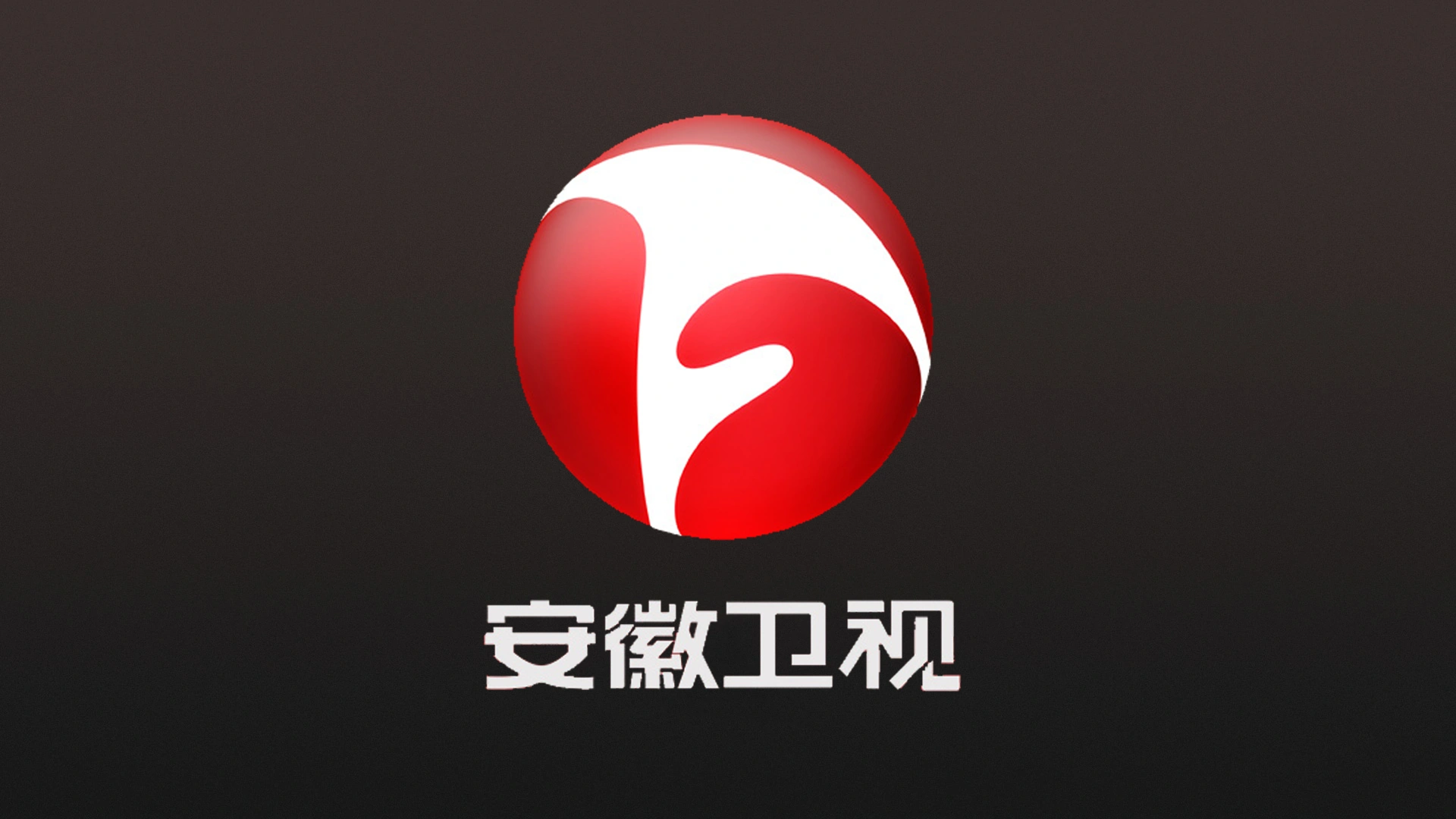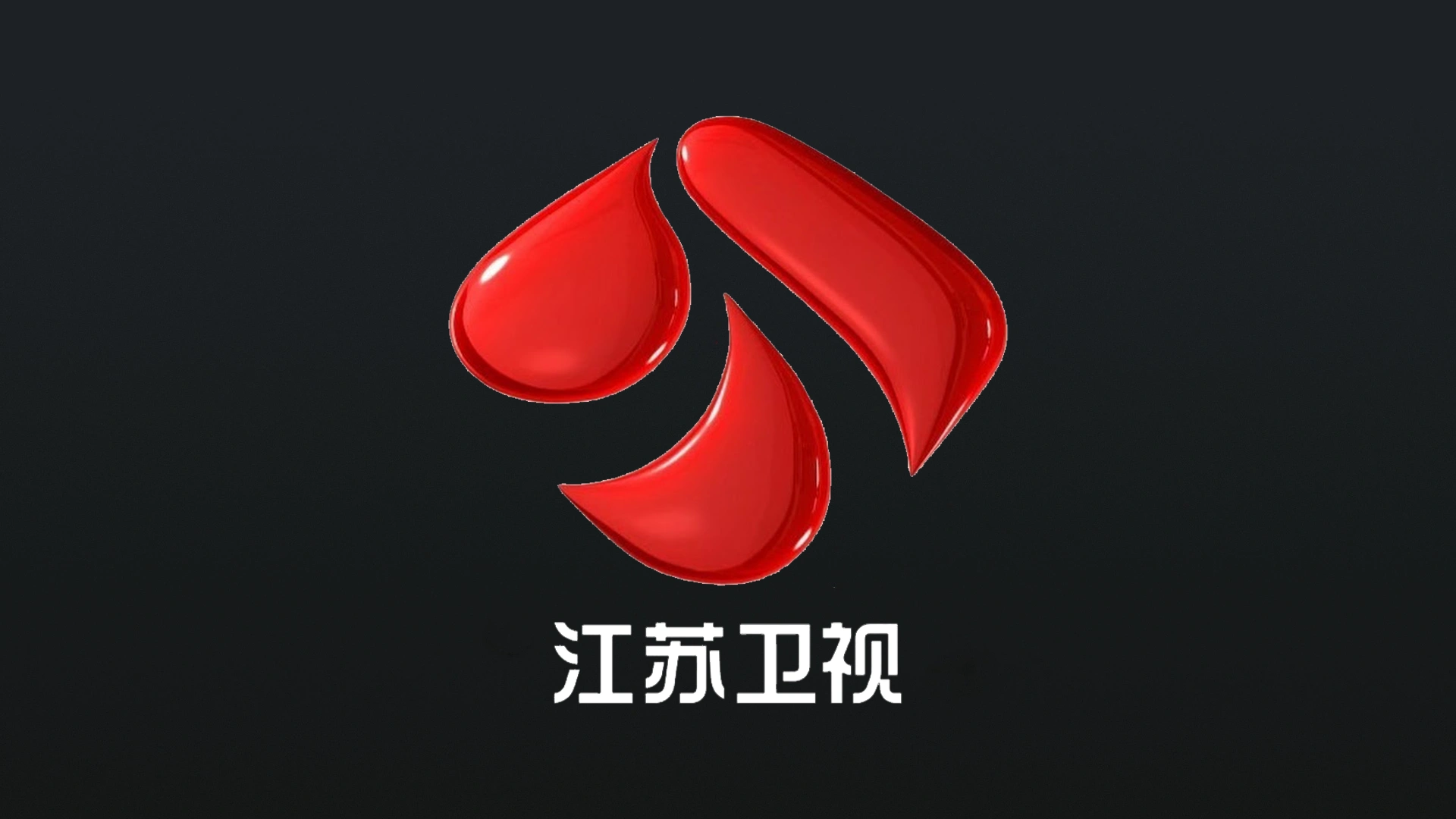Lotus TV Macau: A Comprehensive Look at Its History, Programming, and Influence
Introduction
Lotus TV Macau is a prominent television network based in Macau, China, offering a diverse range of programming in Chinese and Portuguese. Since its establishment, the channel has played a crucial role in shaping the media landscape of Macau, bridging cultures and providing content that reflects the unique socio-political and economic dynamics of the region.
Known for its news coverage, entertainment, cultural shows, and business-focused programming, Lotus TV Macau has grown into a respected platform catering to both local and international audiences. The channel’s content is curated to align with Macau’s status as a vibrant commercial hub and a significant player in global tourism and finance.
Origins and Historical Development
Lotus TV Macau was launched in 2002, with a mission to create an independent, high-quality broadcasting network that could serve the distinct needs of Macau’s residents and business community. Macau, as a Special Administrative Region (SAR) of China, has a unique cultural and economic environment, and the establishment of Lotus TV was seen as a step toward diversifying its media offerings beyond the dominant presence of TDM (Teledifusão de Macau).
Initially, the channel started with news and informational programs, targeting Macau’s growing population of entrepreneurs, government officials, and cultural enthusiasts. Over time, it expanded its programming to include entertainment, business insights, and international affairs, becoming a critical media outlet for residents and visitors alike.
With Macau’s rapid development as a global tourism and gambling hub, Lotus TV strategically adapted its content to cater to audiences interested in casino developments, financial news, cultural heritage, and local governance. Unlike other broadcasters in Macau, Lotus TV maintained a strong focus on Chinese business sectors, making it a preferred channel for investors and corporate audiences.
Programming and Content
Lotus TV Macau offers a broad spectrum of content that appeals to various demographics, including news enthusiasts, business professionals, and entertainment seekers. The channel’s programming can be classified into several key categories:
1. News and Current Affairs
Lotus TV Macau has established itself as a reliable source of news, covering local, regional, and international developments. The news segment is known for its analytical approach, investigative journalism, and economic insights, catering to a sophisticated audience.
Some of the major news programs include:
- Macau Today – A daily news bulletin covering local political, economic, and social developments.
- China Focus – A segment dedicated to China’s economic policies, business updates, and diplomatic affairs.
- World Affairs – Providing international news and geopolitical analysis from a Macau perspective.
These news programs have positioned Lotus TV as a vital platform for those interested in understanding Macau’s role in regional and global affairs.
2. Business and Finance
Given Macau’s reputation as a financial hub, business programming is a cornerstone of Lotus TV’s offerings. The channel features in-depth coverage of real estate, stock markets, foreign investments, and casino industry updates.
Popular business programs include:
- Economic Insights – A deep dive into market trends, investment strategies, and corporate news.
- Casino Watch – A program focusing on the latest developments in Macau’s multi-billion-dollar gambling sector.
- Entrepreneurs’ Forum – A talk show featuring successful business figures discussing their ventures and economic trends.
These shows cater to Macau’s high-net-worth individuals, investors, and professionals looking to stay ahead in the business and finance sectors.
3. Cultural and Lifestyle Shows
To reflect Macau’s rich cultural diversity, Lotus TV Macau also airs lifestyle and cultural programs. These shows highlight Macau’s heritage, traditions, and contemporary trends, appealing to both locals and expatriates.
Key cultural programs include:
- Macau Heritage – A documentary series exploring historical landmarks and traditions.
- Taste of Macau – A culinary show showcasing the region’s famous fusion cuisine.
- Portuguese Legacy – A program that explores Macau’s colonial past and its lasting influence on architecture, language, and traditions.
These programs serve as a bridge between Macau’s Chinese and Portuguese communities, reinforcing the city’s identity as a melting pot of cultures.
4. Entertainment and Variety Shows
Lotus TV Macau has also made a mark in entertainment by producing original variety shows, reality programs, and celebrity interviews. The channel frequently collaborates with Chinese and international production houses to bring high-quality entertainment to its audience.
Some notable entertainment programs include:
- Macau Star Talent – A talent show featuring local artists and performers.
- Celebrity Talk – Interviews with actors, musicians, and industry insiders.
- Drama Premieres – Airing popular Chinese and Portuguese dramas, catering to a bilingual audience.
Entertainment programming allows Lotus TV to attract younger viewers while maintaining its reputation as a well-rounded channel.
Ownership and Corporate Structure
Lotus TV Macau is privately owned but maintains strong partnerships with media organizations in China and Portugal. Its operational model is distinct from Macau’s public broadcaster, TDM, giving it more flexibility in content curation and audience targeting.
With support from business sponsors, advertisers, and investors, the channel has been able to sustain a high-quality broadcasting model, avoiding the limitations faced by state-controlled media.
The channel also benefits from affiliations with Chinese media networks, allowing it to access exclusive interviews, reports, and content partnerships that strengthen its position in the Macau media industry.
Impact and Influence
Over the years, Lotus TV Macau has significantly influenced the local and regional media landscape. By offering in-depth economic analysis, business insights, and culturally relevant content, it has become a crucial platform for Macau’s professionals, investors, and policymakers.
Some of the key ways in which Lotus TV Macau has made an impact include:
- Promoting Macau as an international business hub – The channel’s financial programs have helped position Macau as an attractive destination for investors.
- Bridging cultural gaps – By offering content in both Chinese and Portuguese, Lotus TV strengthens Macau’s bilingual and bicultural identity.
- Supporting local businesses – Through programs featuring Macau’s entrepreneurs, the channel contributes to the growth of small and medium enterprises (SMEs).
- Enhancing media diversity – By providing an alternative to government-owned TDM, Lotus TV expands the media landscape in Macau.
Future Prospects
As Macau continues to grow as a financial and tourism powerhouse, Lotus TV Macau is poised to expand its reach and offerings. Future plans for the channel may include:
- More digital integration – Expanding into streaming platforms and mobile applications to reach a younger audience.
- International collaborations – Partnering with global networks for exclusive content and reporting.
- New business ventures – Exploring new revenue models, including paid subscriptions and sponsorships.
- Interactive content – Engaging audiences through online forums, social media integration, and live discussions.
With an eye on modernization and continued growth, Lotus TV Macau is set to remain a key player in Macau’s evolving media landscape.
Conclusion
Lotus TV Macau is a unique and influential television network that reflects the dynamic nature of Macau. With a strong focus on news, business, culture, and entertainment, it serves as a vital media outlet in one of the world’s most distinctive regions. As it continues to evolve, Lotus TV Macau is well-positioned to further strengthen its presence in both traditional and digital media.







Add :